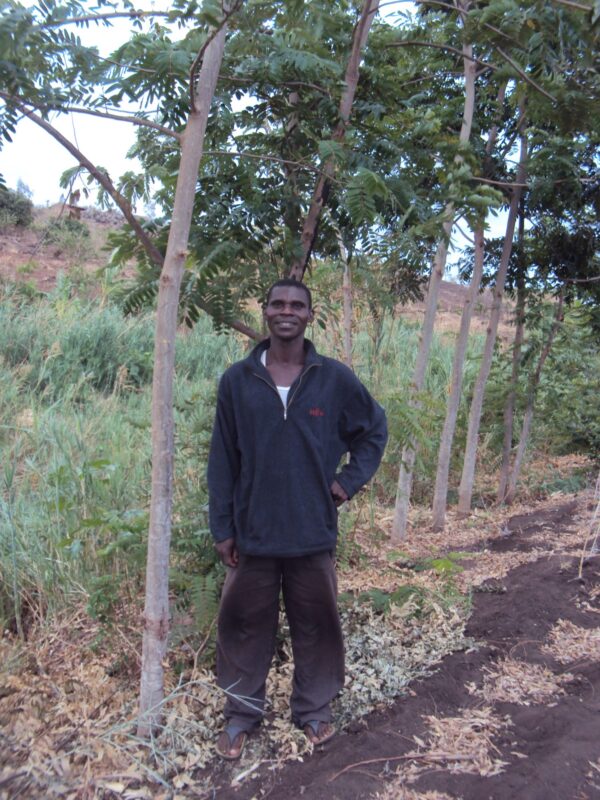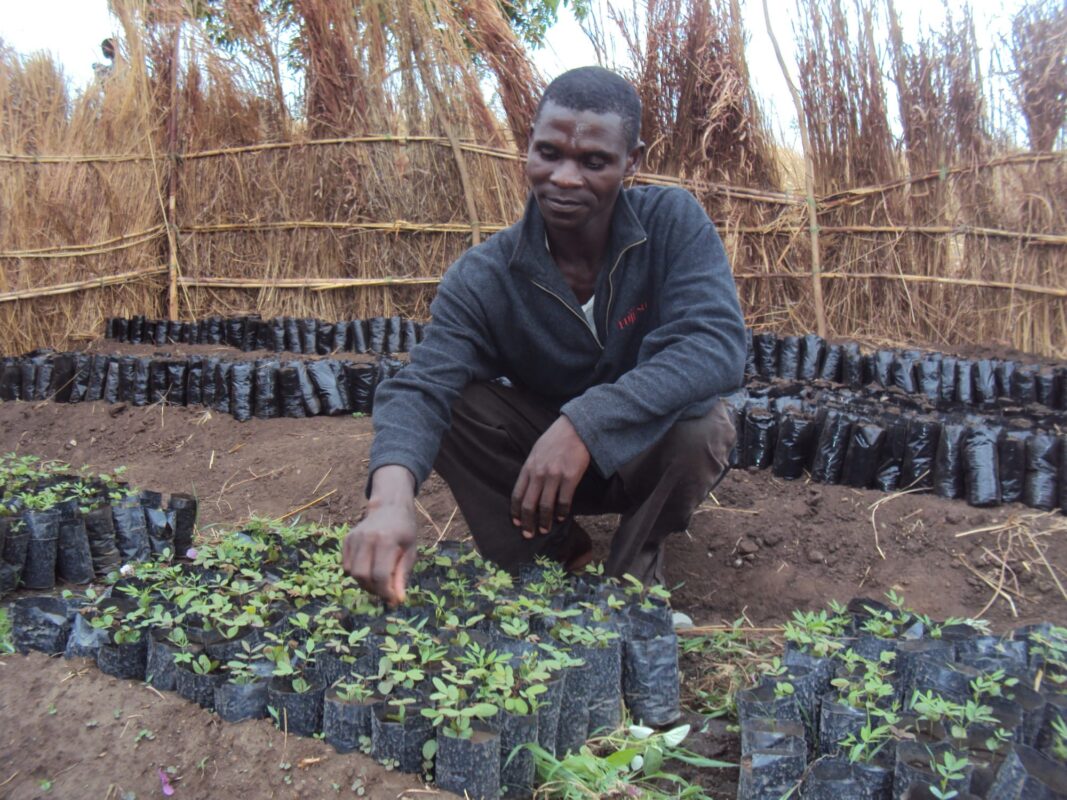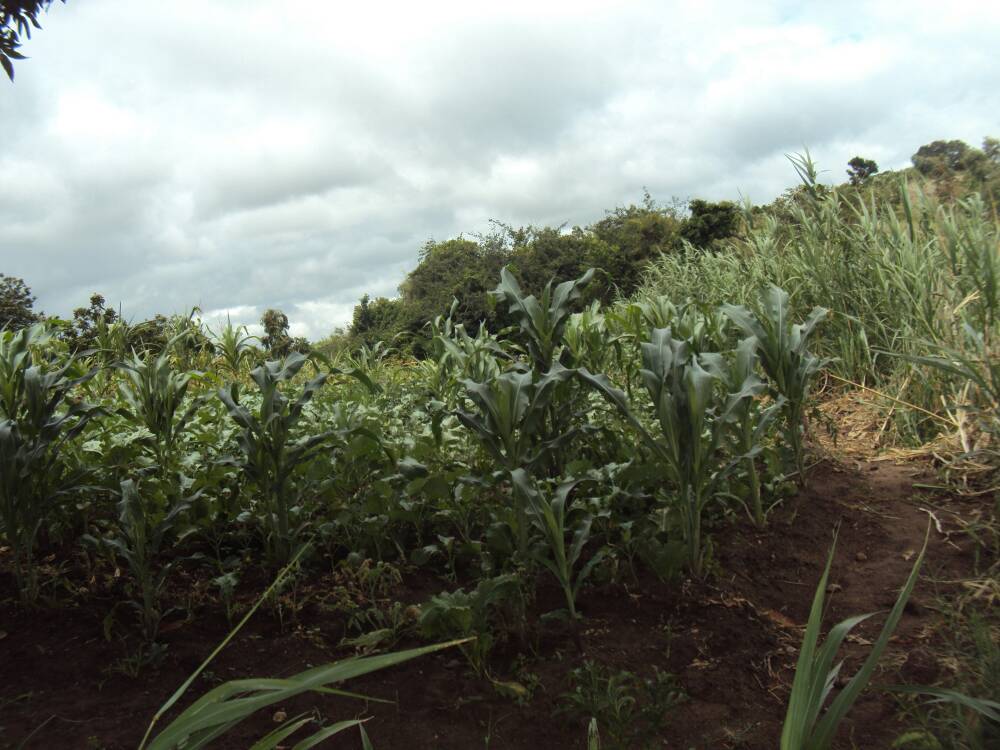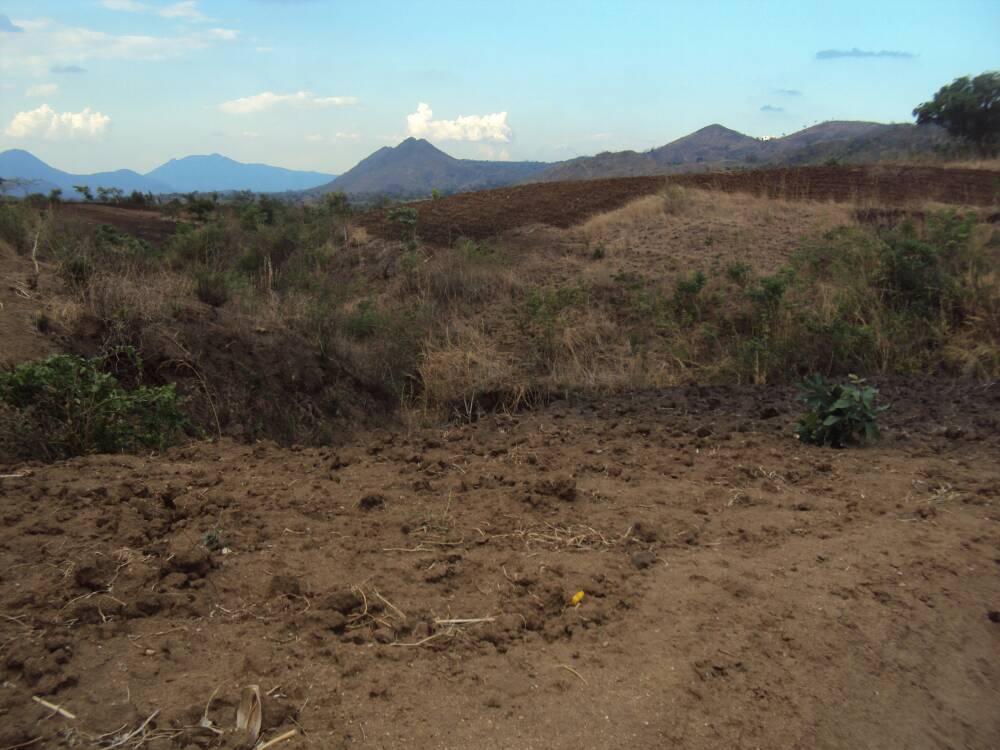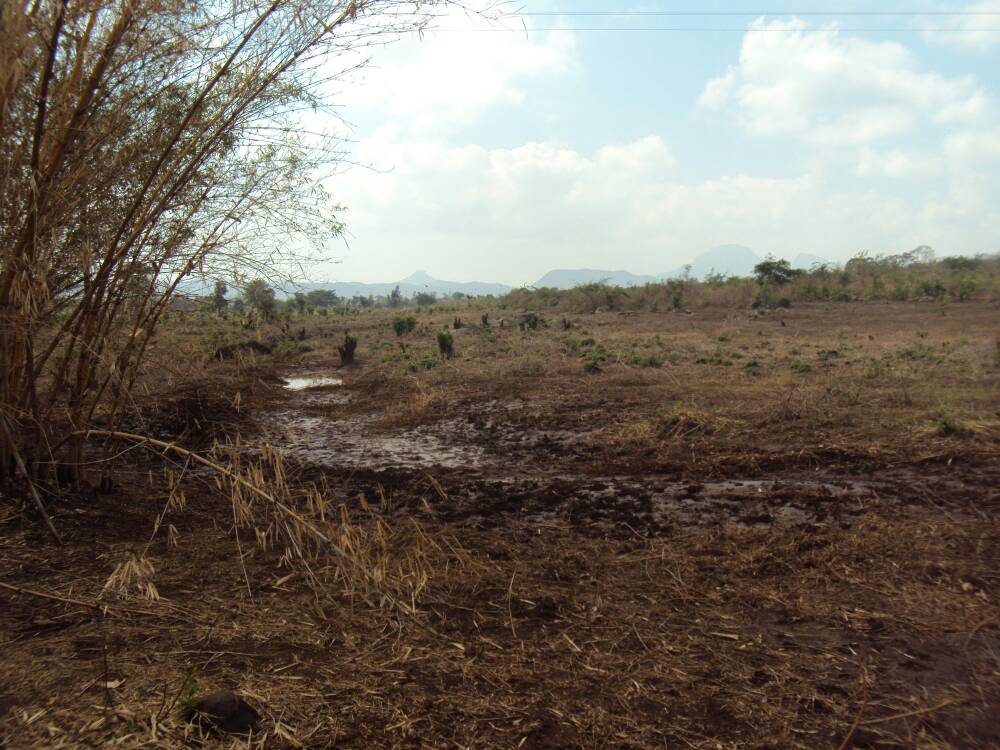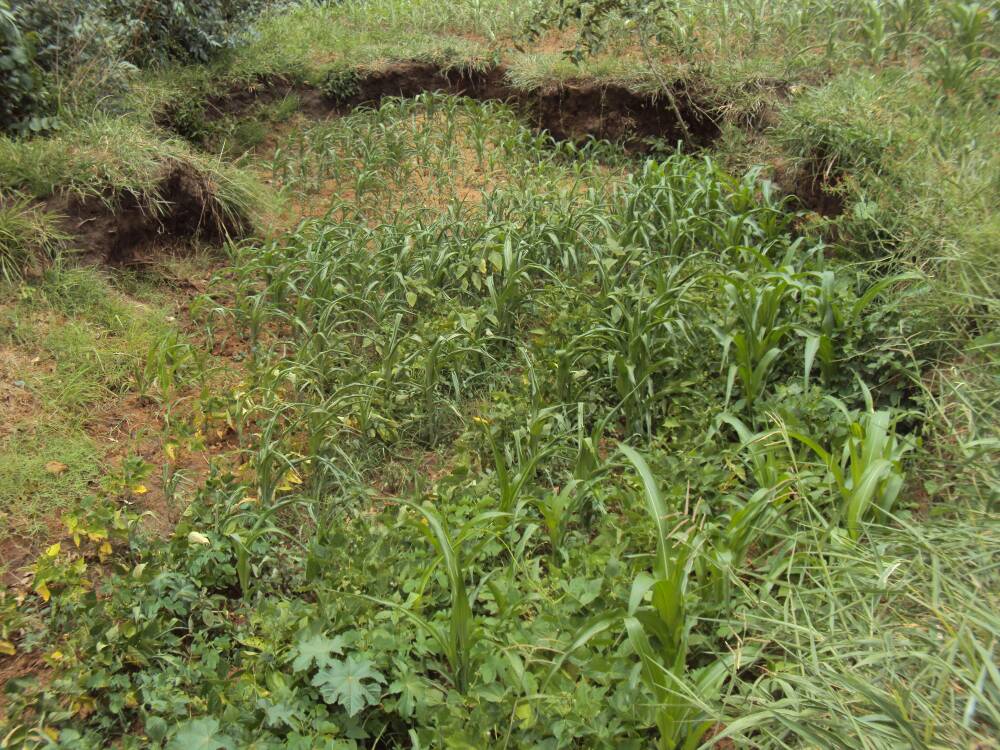Winter cropping along Malawi's rivers and streams has tremendously improved the lives of many rural farmers by making their household food secure, while at the same time enabling them to earn money for household development. However, little attention is being paid to its contribution to climate change as Deogracias Benjamin Kalima reports:
Amin Saidi, 37, is a hardworking smallholder farmer from the Makata area in rural Malawi. Smallholder agriculture accounts for 80% of the country’s food basket, and makes a 60% contribution to the country’s Gross Domestic Product (GDP). During the rainy season, he grows various crops like maize and legumes, which are for his household consumption. In the winter season, he mostly does small-scale irrigation farming along the Mudi stream, which passes through his village. On his land plots along the stream, he grows vegetables like tomatoes, onions, cabbages, and pepper, which he mostly sells to earn money. Through the money realized from the sales, he is able to support his wife and pay school fees for his two children and an orphaned nephew.
“Since I did not go far with my education, I cannot find a well-paying job in town, so I ventured into farming to earn a living for myself and my family. I grow maize and other crops like sorghum, pigeon peas and groundnuts during the rainy season which is mostly for household use, but in the winter season, I grow mostly vegetables which are largely sold to earn some money.” says Saidi.
He says he has managed to buy iron sheets, which he used to roof his previously grass-thatched house, a thing he says he could not have managed if he was not doing winter cropping, since he does not have any other alternative source of income. He added that this farming season he plans to buy a motorcycle after selling his vegetables so that he should address his mobility challenges, as he stays in a remote area outside city.
“I want to buy a motorcycle so that it addresses the mobility challenges for me and my family since it costs money to travel to and from town as I have to board a motorbike taxi each time we need to go to town while at the same time I can use it as motorbike taxi and earn some money too.” He enthuses.
Saidi is just one of many farmers in rural Malawi who have put much energy into winter and irrigated farming along various rivers and streams of Malawi in order to fight hunger and poverty, thanks to the various interventions by government and non-state actors who have been promoting small-scale irrigation to rural farmers. According to recent statistics, irrigation farming now accounts for 10% of Malawi's staple food annual production, with irrigation taking 104,000 hectares, much of it used to cultivate maize, Malawi's staple food crop.
Almost all areas along the rivers and streams in Malawi are being used for small-scale irrigation farming. This in turn brought new challenges. One such challenge is cultivation along river banks. Farmers are clearing vegetation cover along river banks in order to make room for crop fields. This involves cutting down of trees and shrubs, removing of rocks and stones, after which the land is ready for cultivation. Saidi says that, after clearing the land, they dig up a shallow well in the river, which is used as a water source for irrigation farming.
“Our rivers no longer have water throughout the year, so in order to find water, we dig up shallow wells of about two meters deep. Once this is done, we are assured of water availability throughout the winter cropping season, which lasts four months,” said Saidi.
As farmers like Saidi are making money from irrigation farming, farming has also brought another serious national environmental challenge of siltation. When it rains downs heavily, streams and rivers are carrying with them debris and silt into Malawi’s biggest river, the Shire. The Shire is not just an ordinary river. Apart from being a source of portable water for the country’s two cities of Blantyre and Zomba, 90% of Malawi’s electricity is generated on dams constructed along this river. With the increasing problem of siltation in the recent years, the river has been drying up, drastically affecting the generation of electricity in this 100% hydro electricity-dependent country. The year 2017 has been a year industry captains have rued for the unprecedented power outages, some of which have been going for 36 hours, much to the to the disappointment of electricity consumers. But the electricity utility company has always been maintaining that the reduction of water levels in the Shire, meaning that the company is generating half its full capacity of 350 megawatts, which means it has to do load shedding as it tries to satisfy electricity demand nationwide.
Although Saidi lives in a rural area where he does not have electricity access, the problem of power outages still affect him. His wife is sometimes unable to get maize milled into flour, which is used to prepare Malawi’s favourite dish of Nsima.
“Due to prolonged power outages, sometimes we are unable to cook our favourite dish of Nsima as we are unable to mill our maize into flour at the nearby maize mill because of power outages. This means if we don’t have alternative food at home, we are forced to buy rice from the shops which is a bit expensive for my household of six people,” bemoans Saidi.
When asked if he knows that the problem is being exacerbated by the tendency of farmers like him who cultivate along the river banks, he said that he knows that he is part of the problem and wished that he had an alternative source of income.
“Our Agriculture Extension Advisor has been teaching us on the negative effects of cultivating along river banks, especially in the wake of climate change, but then we do not have any alternative source of income apart from farming, so we are forced to continue with this farming,” he decries.
READ "WAY AHEAD (part II ) TOMORROW HERE ON WELUM

